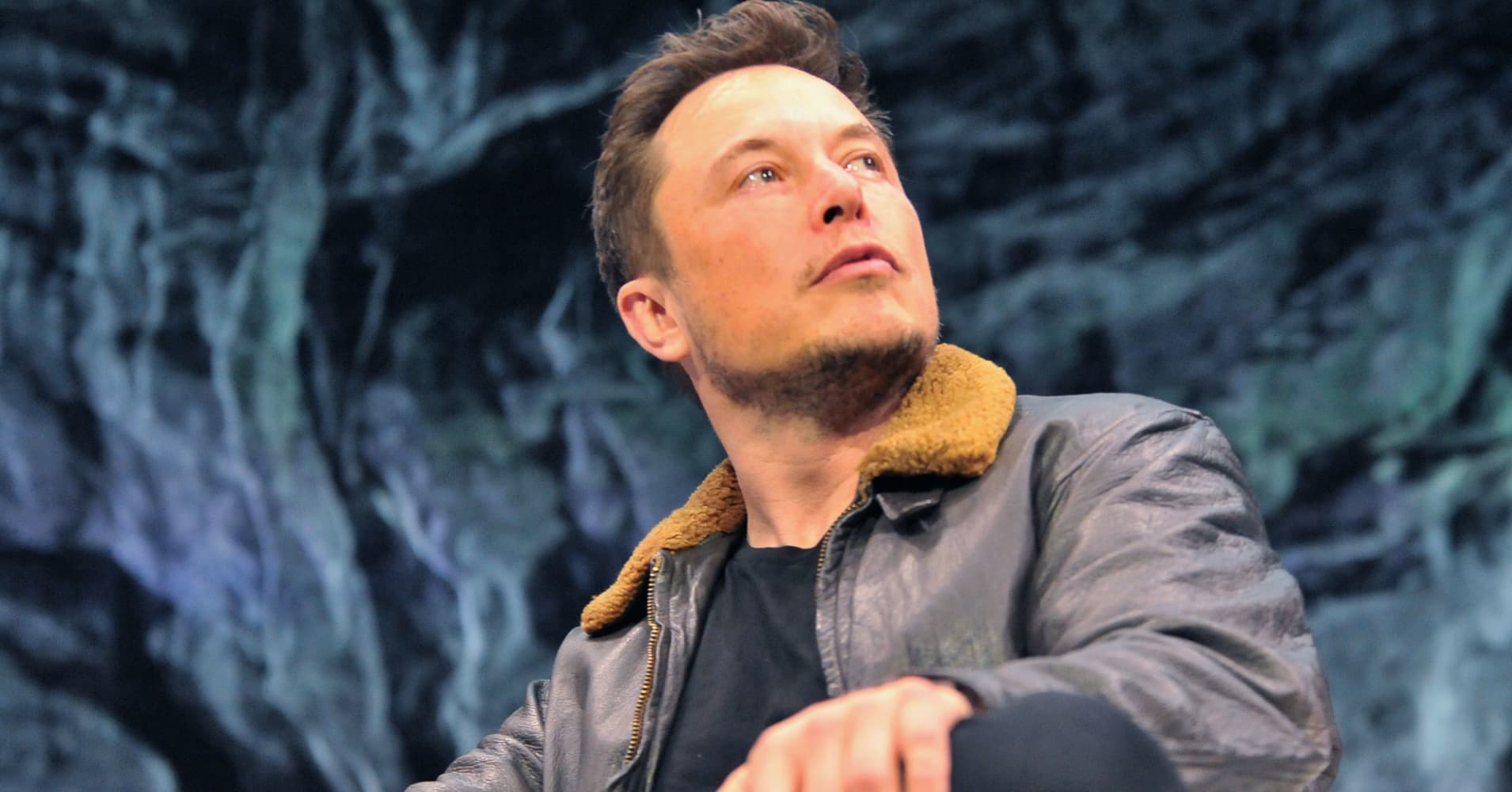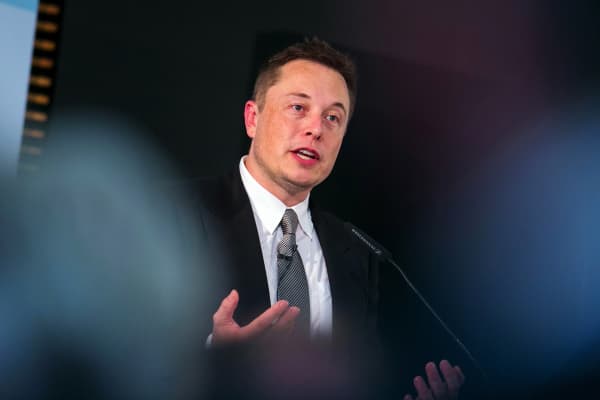Billionaire tech titan Elon Musk has teased a dramatic upcoming test of his Hyperloop transportation pod.
The Hyperloop initiative, publicized on the websites of both Musk's electric vehicle car company, Tesla and his aerospace company, SpaceX, is working to make possible ultra high-speed transportation via pods traveling through vacuum tubes.
Musk tweeted Saturday that a test was coming "soon," which would try to get the pod to reach half the speed of sound — and come to a full stop — within 1.2 kilometers, or about three quarters of a mile.
Upgraded SpaceX/Tesla Hyperloop pod speed test soon. Will try to reach half speed of sound (and brake) within ~1.2km.
The speed of sound is a complicated calculation that depends on several factors. But in an August Instagram post announcing that a SpaceX/Tesla Hyperloop pod made it to 355 kilometers per hour (220 miles per hour), Musk said a few updates could get the pod to half of the speed of sound, which he estimated at past 500 kilometers per hour (or about 311 miles per hour).




